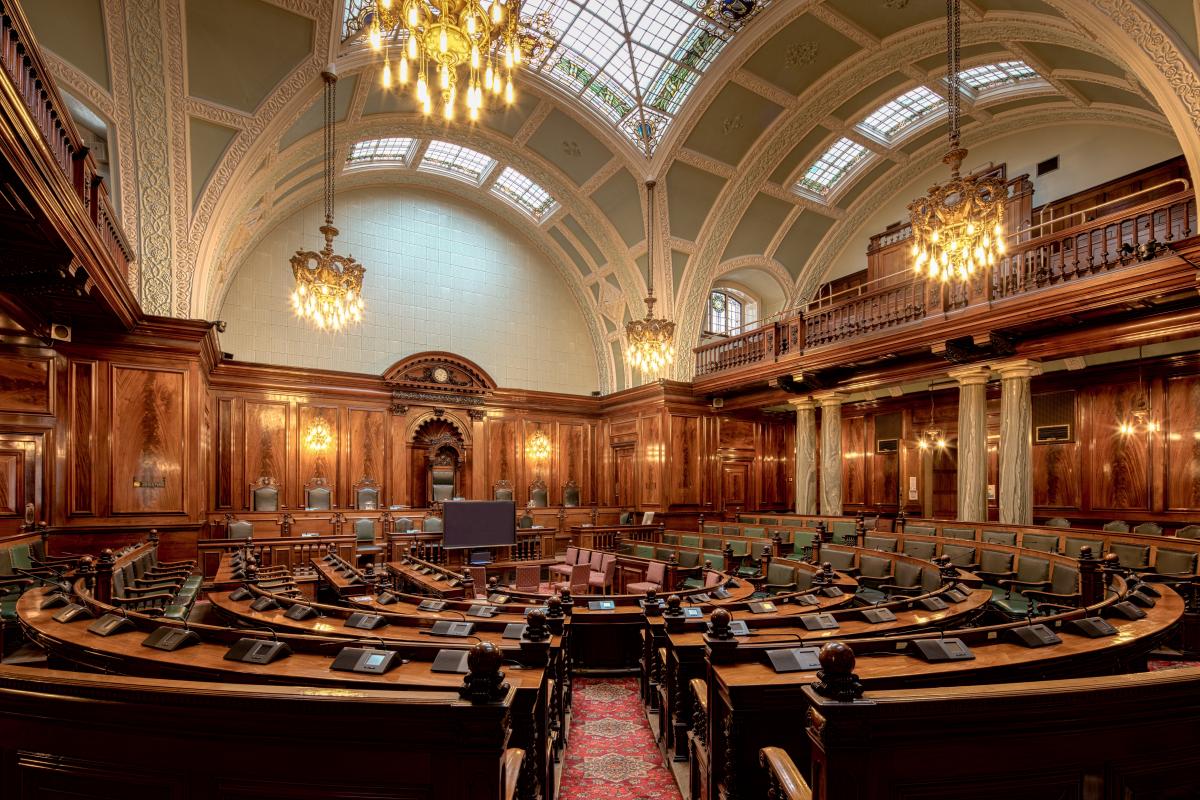 In the course of the average year, NCSE expects to have to monitor between half a dozen and a dozen legislative measures that threaten the integrity of science education. (See “Antiscience Legislation chez NCSE” for my explanation of what it takes for a bill to merit our attention.) But already in 2019 there are fourteen. For your convenience, here’s a list, arranged thematically rather than alphabetically or chronologically, of the baker’s- dozen-plus-one of half-baked measures.
In the course of the average year, NCSE expects to have to monitor between half a dozen and a dozen legislative measures that threaten the integrity of science education. (See “Antiscience Legislation chez NCSE” for my explanation of what it takes for a bill to merit our attention.) But already in 2019 there are fourteen. For your convenience, here’s a list, arranged thematically rather than alphabetically or chronologically, of the baker’s- dozen-plus-one of half-baked measures.
- Bills allowing teachers to misrepresent science. These would ostensibly grant teachers the freedom to teach students the strengths and weaknesses of controversial scientific theories while prohibiting state and local administrators from exercising their supervisory responsibility: sometimes evolution and/or climate change are identified as controversial; sometimes the bills are silent. Over eighty such bills have appeared since 2004! Encouragingly, the chief sponsor of the North Dakota bill decided to withdraw it, perhaps as the result of early inquiries from the press and protests from teachers. A 2017 precursor of the South Dakota bill, however, passed the Senate before meeting defeat in the House Education Committee. North Dakota’s House Bill 1438, Oklahoma’s Senate Bill 14, and South Dakota’s House Bill 1270.
- Bills requiring balance with regard to controversial issues. There’s just one such bill, in Florida, where it reprises a similar pair of bills, which thankfully died in committee, from 2017. The idea here is to require “[c]ontroversial theories and concepts” discussed in science standards “[to] be taught in a factual, objective, and balanced manner,” and while there is no indication of what theories and concepts are deemed to be “controversial,” the bill’s sole sponsor, Dennis Baxley (R–District 12), has a history of antievolution advocacy. In 2008, when Florida adopted new state science standards, for example, he complained that scientists should “leave the door open a little bit” for the consideration of supposed alternatives to evolution. As always, Florida Citizens for Science is calling for concerned Floridians to work against the misguided bill. Florida’s Senate Bill 330.
- Bills allowing districts to teach creation science. Since the federal courts have repeatedly ruled, in cases such as McLean v. Arkansas (1982) and Edwards v. Aguillard (1987), that it is unconstitutional to teach creationism—including the variety of young-earth creationism called creation science—in the public schools, it is hard to know whether the legislators advancing these bills in Indiana and South Carolina are legally uninformed, cynically pandering to a creationist constituency, or wildly hopeful for a U-turn from the Supreme Court. The South Carolina bill would at least confine the teaching of creation science to a high-school-level elective class on world religions—not that it’s any more constitutional to promote religion in such a class than in a science class. Indiana’s Senate Bill 373 and South Carolina’s House Bill 3826.
- Bills attacking the Next Generation Science Standards. When the Next Generation Science Standards were released in 2013, The New York Times (April 9, 2013) took notice of their inclusion of evolution and climate change, presciently observing that those topics “could become a focus of political controversy” in states considering adoption of the standards. They have been, unfortunately, and they continue to be. In 2019, state legislators in Connecticut and Iowa have introduced legislation to repeal the NGSS, adopted in both of those states in 2015; the Connecticut legislator also introduced a bill to remove the material on climate change from the NGSS as used in his state. The Iowa bill is the fourth of its kind in the state, while the Connecticut bills are novelties. Connecticut’s House Bill 5922 and House Bill 5955, and Iowa’s House File 61.
- “Anti-indoctrination” bills and resolutions. These would require (or, in the case of resolutions, encourage) the adoption of codes of ethics for K–12 teachers, purportedly to prevent them from engaging in “political or ideological indoctrination.” These codes would prohibit teachers from advocating for any side of a “controversial” issue, where controversial issues are those addressed as part of a political party’s platform. As it happens, climate change and evolution are mentioned in the platform of a handful of state political parties, even though they are anything but scientifically controversial, so science education would be affected. Arizona’s House Bill 2002, Maine’s House Paper 433, South Dakota’s House Concurrent Resolution 1002 and House Bill 1113, and Virginia’s House Joint Resolution 684.
Even if the “anti-indoctrination” measures are disregarded on the grounds that they are not primarily intended to target the teaching of climate change and evolution, that still leaves nine bills that, if enacted, would potentially lead to the miseducation of millions of students. If you want to keep up-to-date on such threats, then you really ought to subscribe to our weekly e-mail updates—and you might want to consider supporting (or continuing to support) NCSE!

